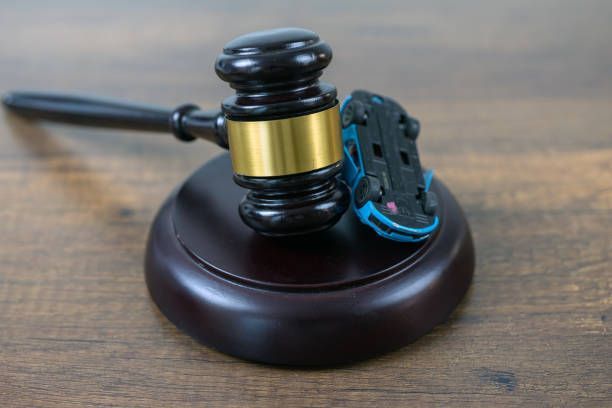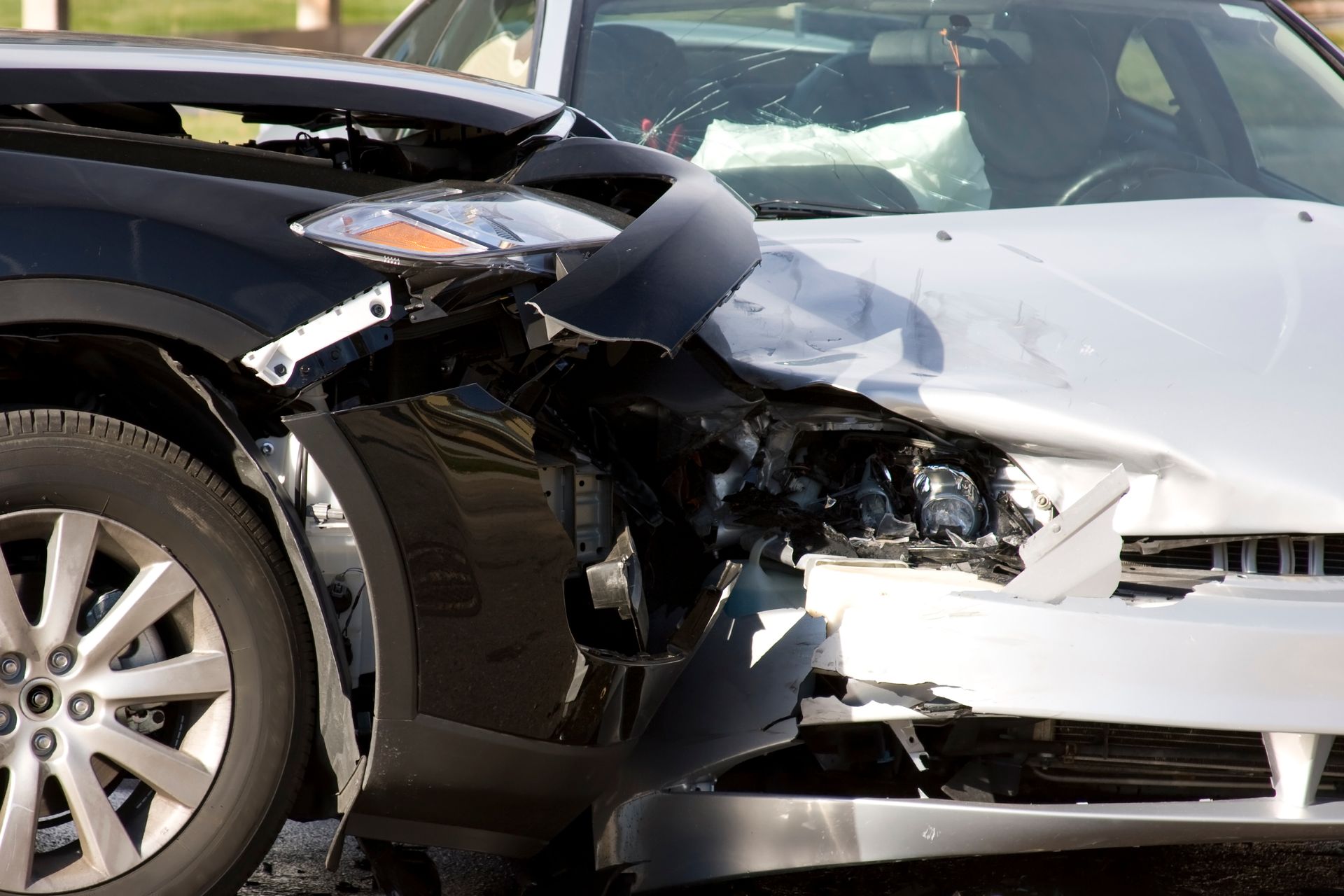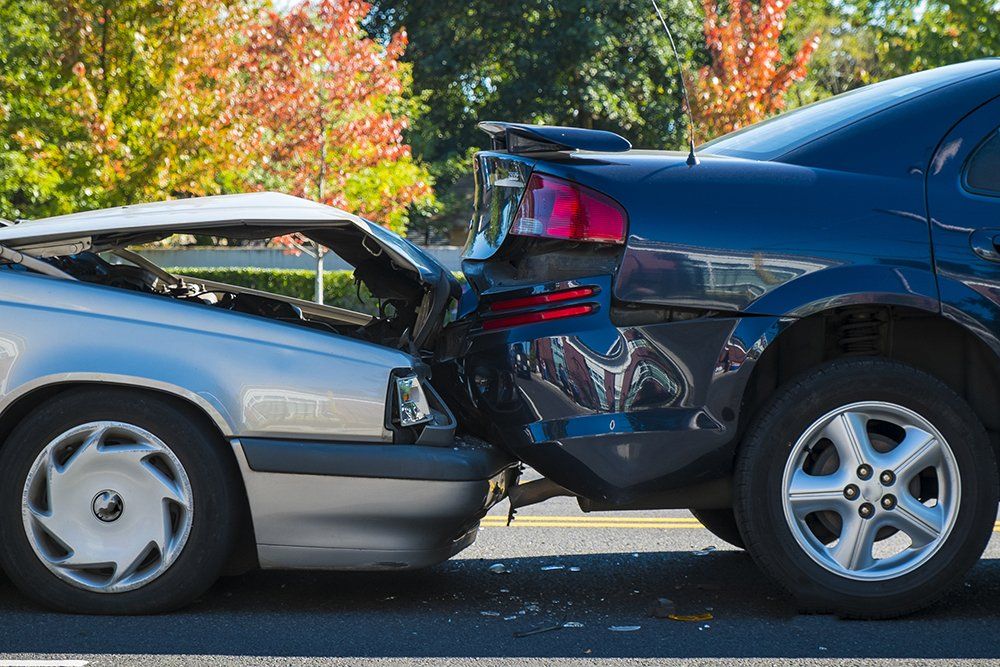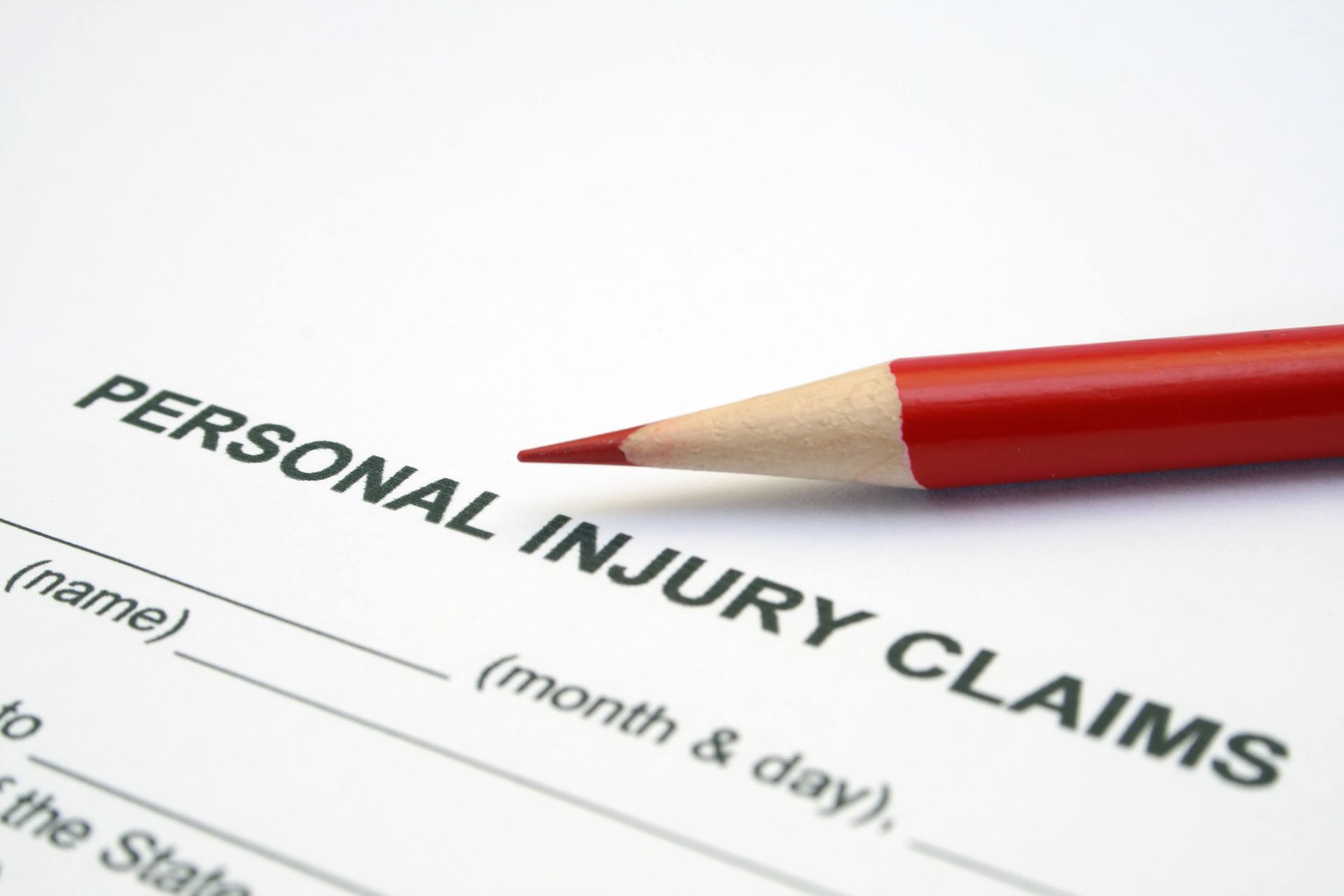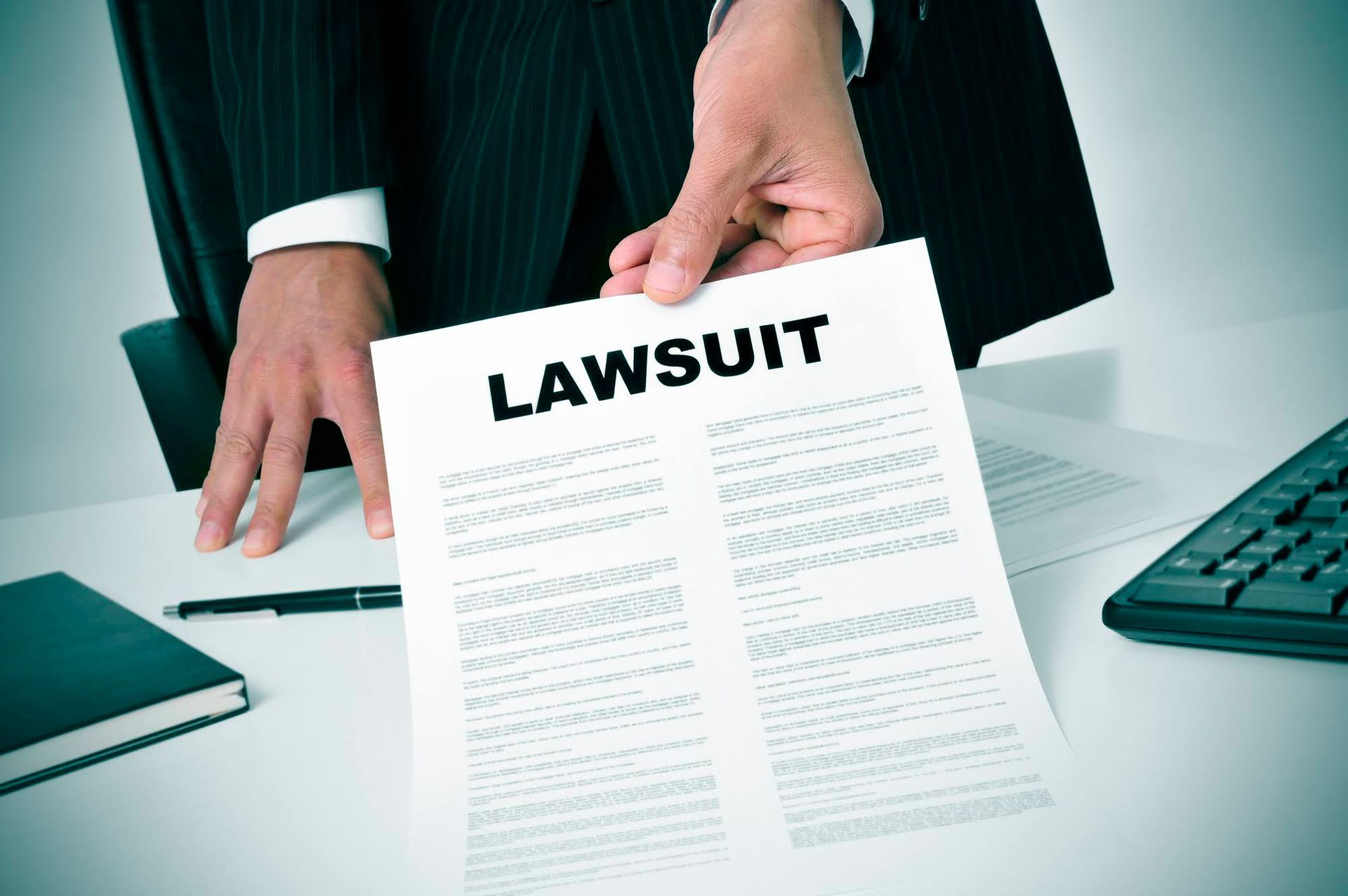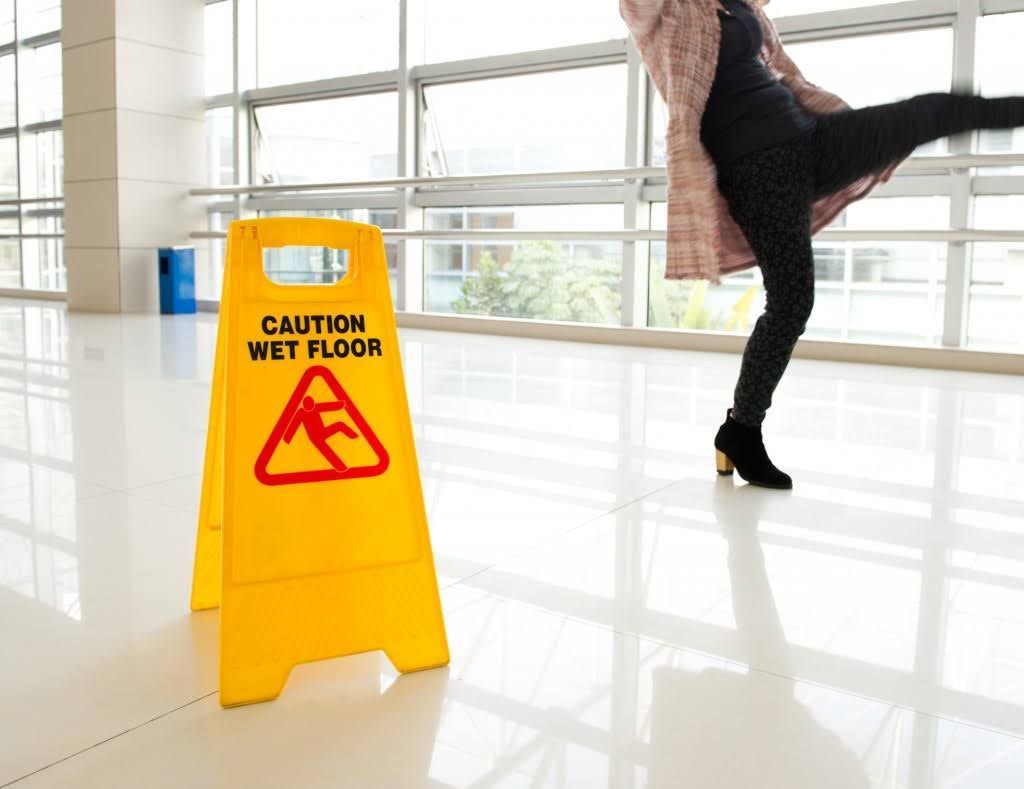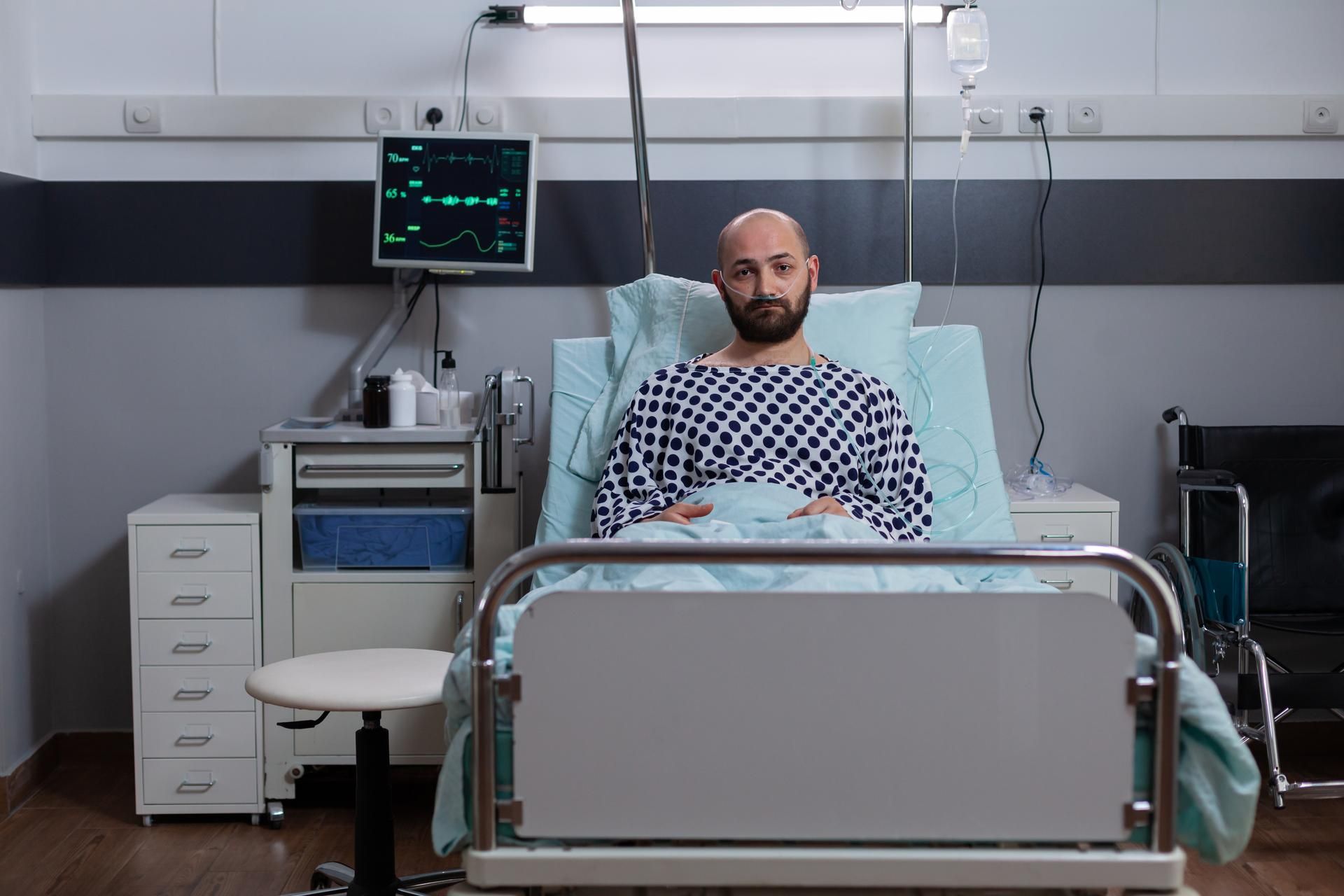When Can You Sue a Hospital for Medical Malpractice?
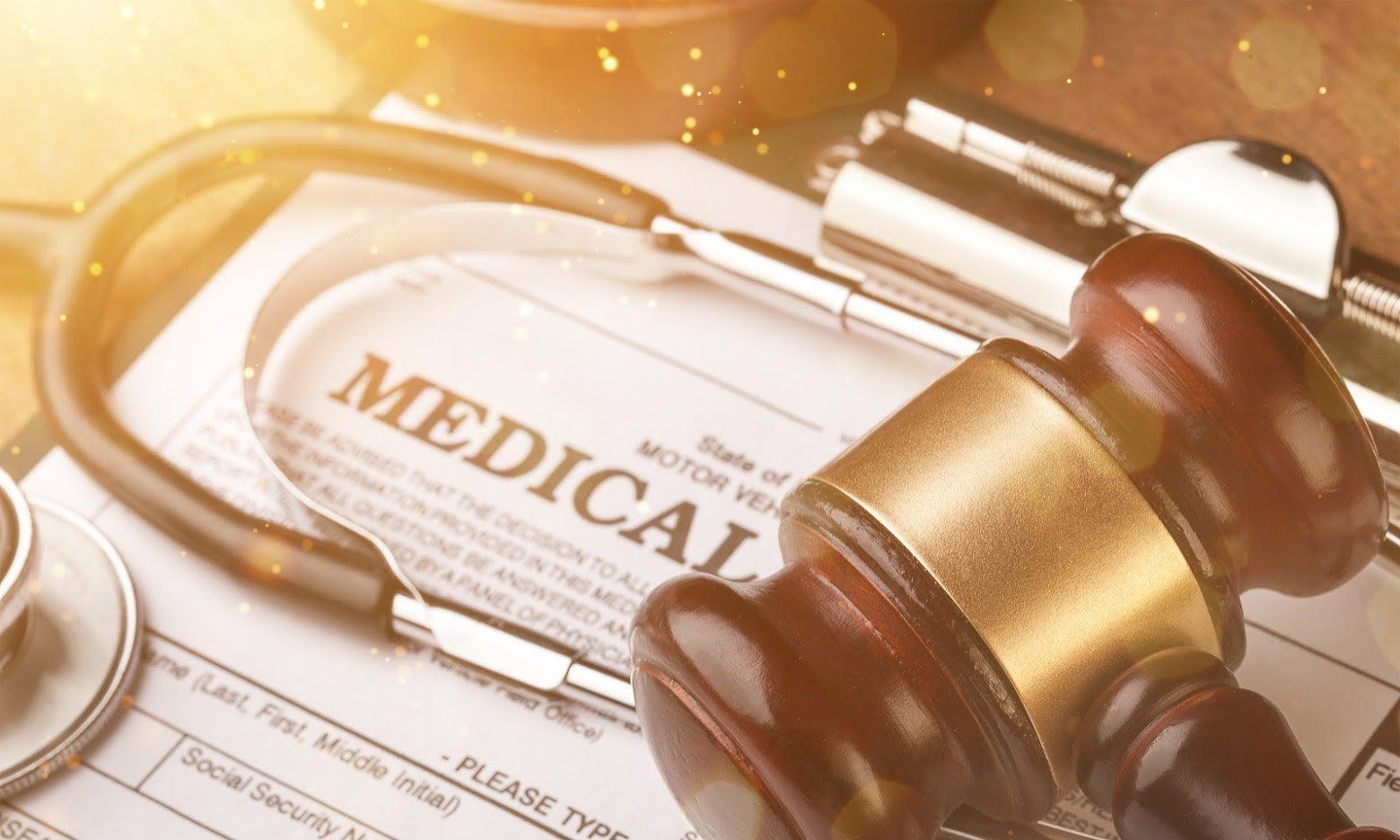
Medical professionals, such as doctors, are common defendants in medical malpractice cases. However, hospitals can also be liable for medical malpractice. You just need to know when to target the hospital, medical professional, or any other party with your claim. Below are some circumstances in which a hospital may have to pay for medical malpractice.
The Liable Party Is the Hospital's Employee
You may hold the hospital liable for your damages under the legal theory of ‘respondeat superior.’ Respondeat superior makes an employer liable for its employee's negligent actions if the employee acted within the scope of their job with the employer. In this case, you need to prove that:
- The person who caused your injury was the hospital's employee
- The employee was on the clock
- The employee was within the scope of their employment
The first element is not always to prove if a doctor's negligence causes you injury. Most doctors work as independent contractors and not employees of hospitals. In such a case, you must prove an exception that makes the doctor the hospital's employee.
You may not have the same problem if another person, other than a doctor, causes your injury. For example, nurses, anesthesiologists, and medical technicians are typically hospital employees.
Note that a doctor's contract with the hospital does not solely determine whether or not he or she is a nonemployee. The working relationship between the two parties also matters. For example, a court may agree that an employer-employee relationship existed if:
- The hospital requires the doctor to work on a specific schedule
- The hospital determines the doctor's fees
- The hospital determines the doctor's vacation schedule
Do not assume a doctor is automatically a nonemployee. Consult a medical malpractice lawyer and let them unearth the doctor's employment status with the hospital.
The Malpractice Occurred in the Emergency Room
Most hospitals have forms that establish that their doctors are not their employees but rather independent contractors. The hospitals use these forms to inform patients about the hospital-doctor relationship during normal medical consultations. The hospitals use the forms to absolve themselves of liability in case of a doctor's negligence.
However, patients with medical emergencies rarely have the time or ability to read such forms. Thus, you can hold the hospital liable for ER medical malpractice even if the negligent party is not the hospital's employee.
The Hospital Knew of the Non-Employee's Incompetence
Lastly, you can also hold the hospital liable for your injuries if the negligent person is a nonemployee, but the hospital knew of their incompetence, a form of ‘negligent entrustment.’ In this case, you sue the hospital for allowing an incompetent person to work at the establishment and who causes you injury.
For example, you can use the negligent hiring and retention theory to explain the hospital's liability. An example is if a hospital fails to conduct due diligence during recruitment contracts an unlicensed doctor. Another example is if a hospital continues to operate with a habitually intoxicated doctor.
Note that you may not have to prove the hospital's actual knowledge to succeed with your claim. Constructive knowledge, where you only have to prove that the hospital should have known about the incompetence, may be adequate. For example, the hospital cannot defend itself by claiming it did not know your doctor had a suspended license — the hospital should know.
Medical malpractice cases tend to be more complicated than other personal injury cases. Medical malpractice also follows standards set by completely different laws and regulations. Thus, an experienced lawyer's help can boost your chances of medical malpractice damages. If you think you may have a medical negligence claim, contact Higinbotham & Higinbotham, PLLC to help you explore such possibilities. As always, you can rely on our legal skills and decades of experience. We look forward to speaking with you soon-
